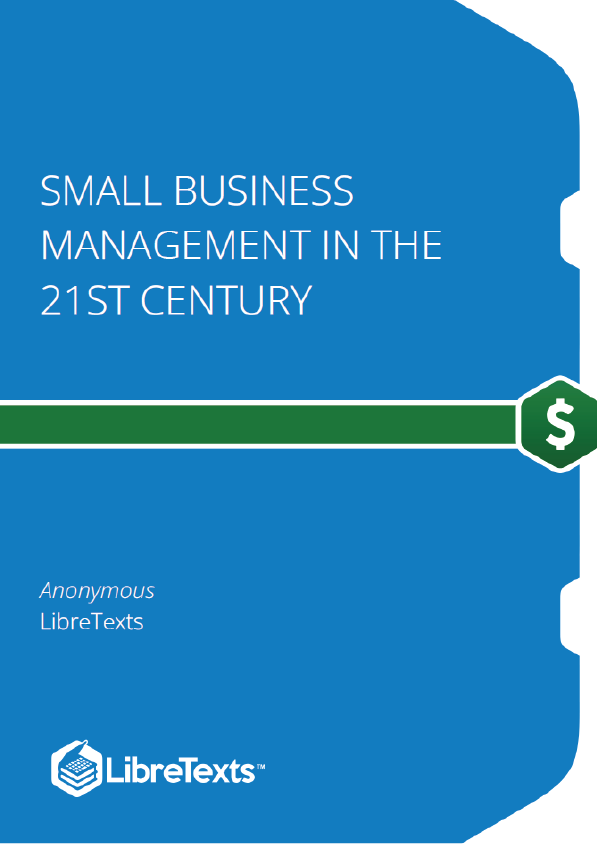What Is a Successful Small Business?
Ask the average person what the purpose of a business is or how he or she would define a successful business, and the most likely response would be “one that makes a profit.” A more sophisticated reply might extend that to “one that makes an acceptable profit now and in the future.” Ask anyone in the finance department of a publicly held firm, and his or her answer would be “one that maximizes shareholder wealth.” The management guru Peter Drucker said that for businesses to succeed, they needed to create customers, while W. E. Deming, the quality guru, advocated that business success required “delighting” customers. No one can argue, specifically, with any of these definitions of small business success, but they miss an important element of the definition of success for the small business owner: to be free and independent.
Many people have studied whether there is any significant difference between the small business owner and the entrepreneur. Some entrepreneurs place more emphasis on growth in their definition of success.William Dunkelberg and A. C. Cooper. “Entrepreneurial Typologies: An Empirical Study,” Frontiers of Entrepreneurial Research, ed. K. H. Vesper (Wellesley, MA: Babson College, Centre for Entrepreneurial Studies, 1982), 1–15. However, it is clear that entrepreneurs and small business owners define much of their personal and their firm’s success in the context of providing them with independence. For many small business owners, being in charge of their own life is the prime motivator: a “fervently guarded sense of independence,” and money is seen as a beneficial by-product.“Report on the Commission or Enquiry on Small Firms,” Bolton Report, vol. 339 (London: HMSO, February 1973), 156–73. Paul Burns and Christopher Dewhurst, Small Business and Entrepreneurship, 2 ed. (Basingstoke, UK: Macmillan, 1996), 17. Graham Beaver, Business, Entrepreneurship and Enterprise Development (Englewood Cliffs, NJ: Prentice Hall, 2002), 33.Oftentimes, financial performance is seen as an important measure of success. However, small businesses are reluctant to report their financial information, so this will always be an imperfect and incomplete measure of success.Terry L. Besser, “Community Involvement and the Perception of Success Among Small Business Operators in Small Towns,” Journal of Small Business Management 37, no 4 (1999): 16.
Three types of small business operators can be identified based on what they see as constituting success:
- An artisan whose intrinsic satisfaction comes from performing the business activity
- The entrepreneur who seeks growth
- The owner who seeks independence M. K. J. Stanworth and J. Curran, “Growth and the Small Firm: An Alternative View,” Journal of Management Studies 13, no. 2 (1976): 95–111.











